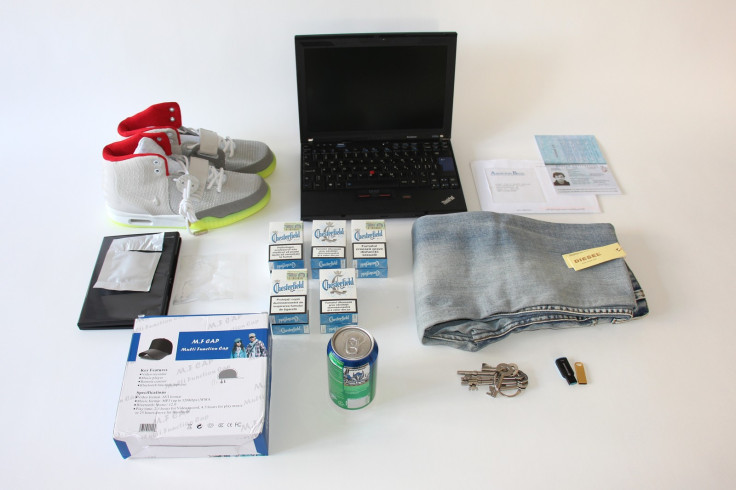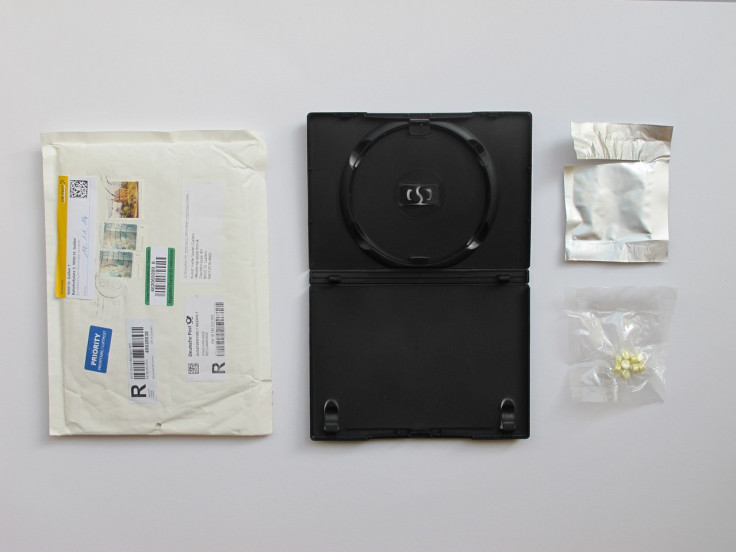Darknet Random Shopper bot 'freed' by police and Swiss artists behind it avoid jail

A group of Swiss students have avoided jail as police have "freed" the Random Darknet Shopper bot that was buying illegal items including drugs and fake branded goods at random from the dark web.
Websites that are only accessible through the Tor anonymity network are known as the "deep web" or the "dark web".
Unsearchable by regular internet search engines, cybercriminals put thousands of goods and services for sale on secret underground marketplaces, which include illegal drugs, chemicals, firearms and counterfeit goods, as well as adverts for services such as hacking, gambling and sports betting.
The items can only be purchased using bitcoins and police around the world, such as the FBI in the US, have spent a lot of time shutting these marketplaces down and prosecuting their creators, such as the notorious Silk Road and Ross Ulbricht, who was found guilty of running the website in February.
In 2014, the technology artists, who call themselves !Mediengruppe Bitnik, programmed a bot and gave it a budget of $100 (£67) in Bitcoins a week to automatically logon to the Agora market place in the deep web and randomly choose and purchase one item. The item was then mailed to the students and the next week the bot would buy something else.
The items that the students received came from all over the world and varied from fake Nike shoes, Diesel jeans and a Louis Vuitton handbag to the scan of someone's Hungarian passport, a decoy letter made to look like it was from a bank and a baseball cap with a hidden camera.
There was also a Sprite can with a secret hiding place, master keys to open a certain type of communal gates, credit card details and 10 ecstasy pills vacuum-sealed in aluminium foil and placed in a DVD case to avoid detection if passed through an X-ray scan.
The students decided to display everything they received in an art exhibition held at the Kunst Halle St Gallen art museum for three months but the day after the three-month-long exhibition closed on 12 January, Swiss police arrived and seized the items and the bot.

The police also initially wanted to prosecute the students for purchasing the ecstasy but later changed their minds and returned all the items on 15 April, although they destroyed the ecstasy.
Thomas Hansjakob, a spokesperson for the Swiss St Gallen police, told CNBC: "We decided the ecstasy that is in this presentation was safe and nobody could take it away. Bitnik never intended to sell it or consume it so we didn't punish them."
Hansjakob added the police had only found out about the project through the media and they had not been informed in advance.
"In the order for withdrawal of prosecution the public prosecutor states that the possession of ecstasy was indeed a reasonable means for the purpose of sparking public debate about questions related to the exhibition," Bitnik wrote on its website.
"The public prosecution also asserts that the overweighing interest in the questions raised by the art work Random Darknet Shopper justify the exhibition of the drugs as artefacts, even if the exhibition does hold a small risk of endangerment of third parties through the drugs exhibited.
"We as well as the Random Darknet Shopper have been cleared of all charges. This is a great day for the bot, for us and for freedom of art."
© Copyright IBTimes 2025. All rights reserved.






















